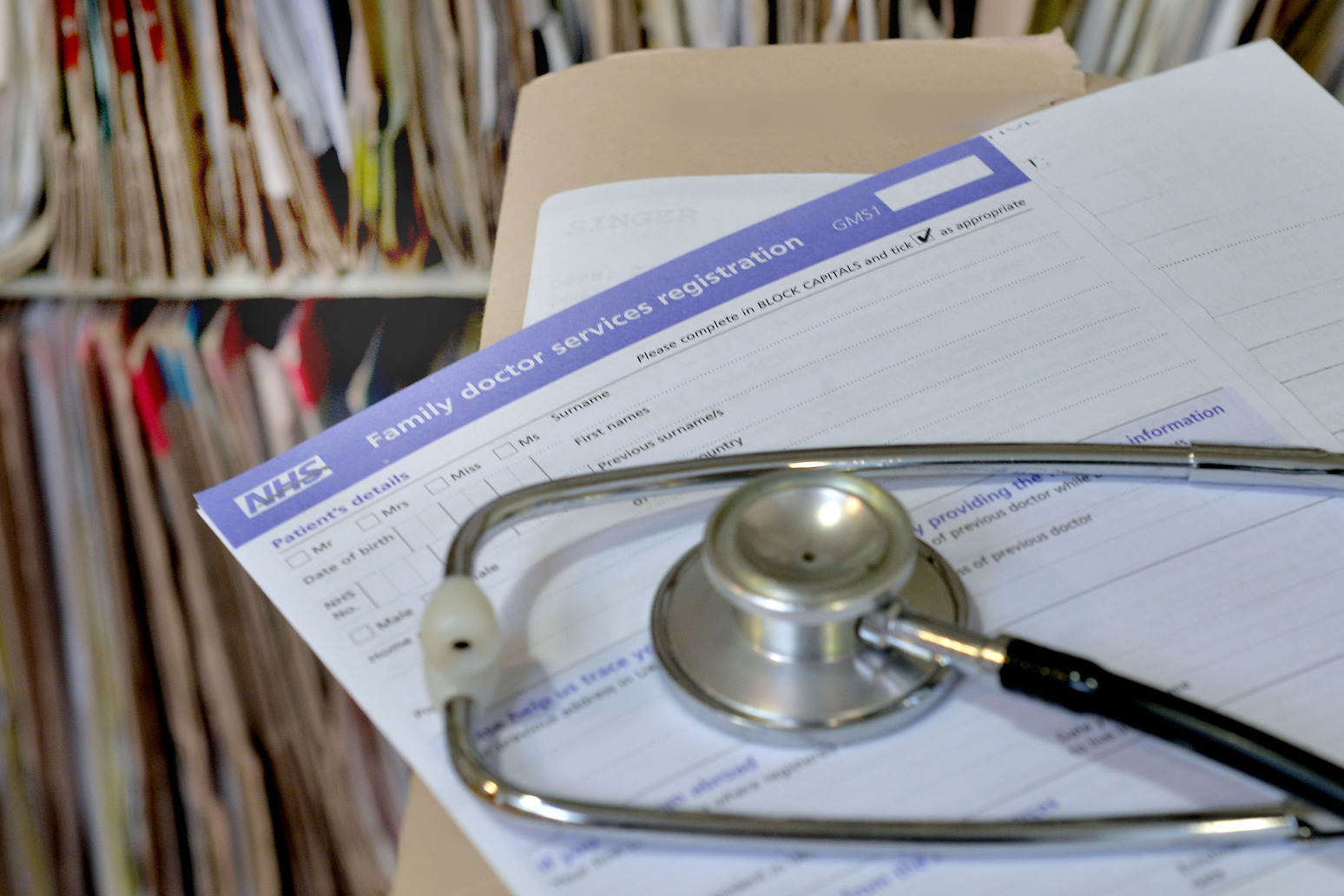
Two in five GPs face verbal abuse on daily basis
That's according to the survey conducted by GP publication Pulse
Two in five GPs are facing verbal abuse every single day, a new poll suggests.
Some 74% of family doctors have claimed they or their staff have experienced verbal abuse on a weekly basis, including almost 40% who say it occurs daily, according to the survey conducted by GP publication Pulse.
And 45% said practice staff experience physical abuse every year, according to the poll of 1,000 GPs.
As well as facing abuse in GP surgeries, a third reported practice staff have faced abuse on social media on a weekly basis.
The Royal College of GPs described the survey findings as deeply disturbing.
One GP told Pulse: “Last week a patient, without any mitigating circumstances, was desperately abusive to one of my receptionists bemoaning the fact it wasn’t the US where she could buy a gun and ‘sort us all out’.
“Primary care seems to be bearing the brunt and blamed by all and sundry for the current issues and the public are picking up on this.”
It comes as family doctors reported a rise in patient complaints relating to access.
Commenting on the poll, Professor Kamila Hawthorne, chair of the Royal College of GPs, said: “The findings from this survey are deeply concerning as they show that abuse is now a common experience for GPs and practice staff who are working to their limits – and the reports of physical abuse are particularly distressing.
“It’s entirely unacceptable for anyone working in general practice to be at the receiving end of abuse of any kind when they are just doing their best to deliver safe, timely and appropriate care for their patients.
“We share our patients’ frustrations when they have difficulty accessing our services, but the vast majority appreciate that GPs and our teams are doing the best we can under intense workload and workforce pressures.
“The reality is that having to work in these circumstances, with the additional worry that you may face abuse, sometimes on a daily basis, will have a significant impact on the mental health, wellbeing and morale of individual doctors and practice staff.
“Ultimately, decades of underfunding and inadequate workforce planning have left general practice struggling at a time when patient needs are growing in complexity and volume. As a result, more GPs are leaving the profession than are entering it.
“This is why the College is calling on Government to rapidly deliver a new recruitment and retention strategy that goes beyond the promise of 6,000 more GPs pledged in its 2019 election manifesto, and return funding for general practice to 11% of the total NHS spend.”
Dr Kieran Sharrock, acting chair of the British Medical Association’s England GP committee, said: “Any kind of abuse against GPs and their teams is completely unacceptable.
“No-one should ever go into work fearing that they will be abused, let alone physically.
“We understand that patients are often in pain and distress when they interact with the health service, and that current pressures and a lack of staff mean it can take longer to access the care they need.
“However, we cannot let people take their frustrations with the system out on those who are just doing the best they can in difficult circumstances.
“Abusive behaviour ultimately has a huge impact on morale within practice teams, and makes staff question whether they want to stay in the health service. In the midst of a serious workforce crisis, we simply cannot afford to lose any more talented healthcare professionals.
“The pressures in the NHS are not the fault of patients or staff, but years of underfunding and a failure to properly support its workforce. If we want a health service that can provide timely care, from doctors who feel valued, then the Government must give the NHS the investment it desperately needs.”
A spokesperson for the Department of Health and Social Care said: “Violence or abuse directed at NHS staff, who work tirelessly to provide care, is unacceptable.
“We have provided £5 million for additional security measures in general practice, including CCTV, panic buttons and screens at reception.
“As of September 2022 there are almost 2,300 more full-time equivalent doctors working in general practice compared to September 2019, with record numbers in training.”
Published: by Radio NewsHub